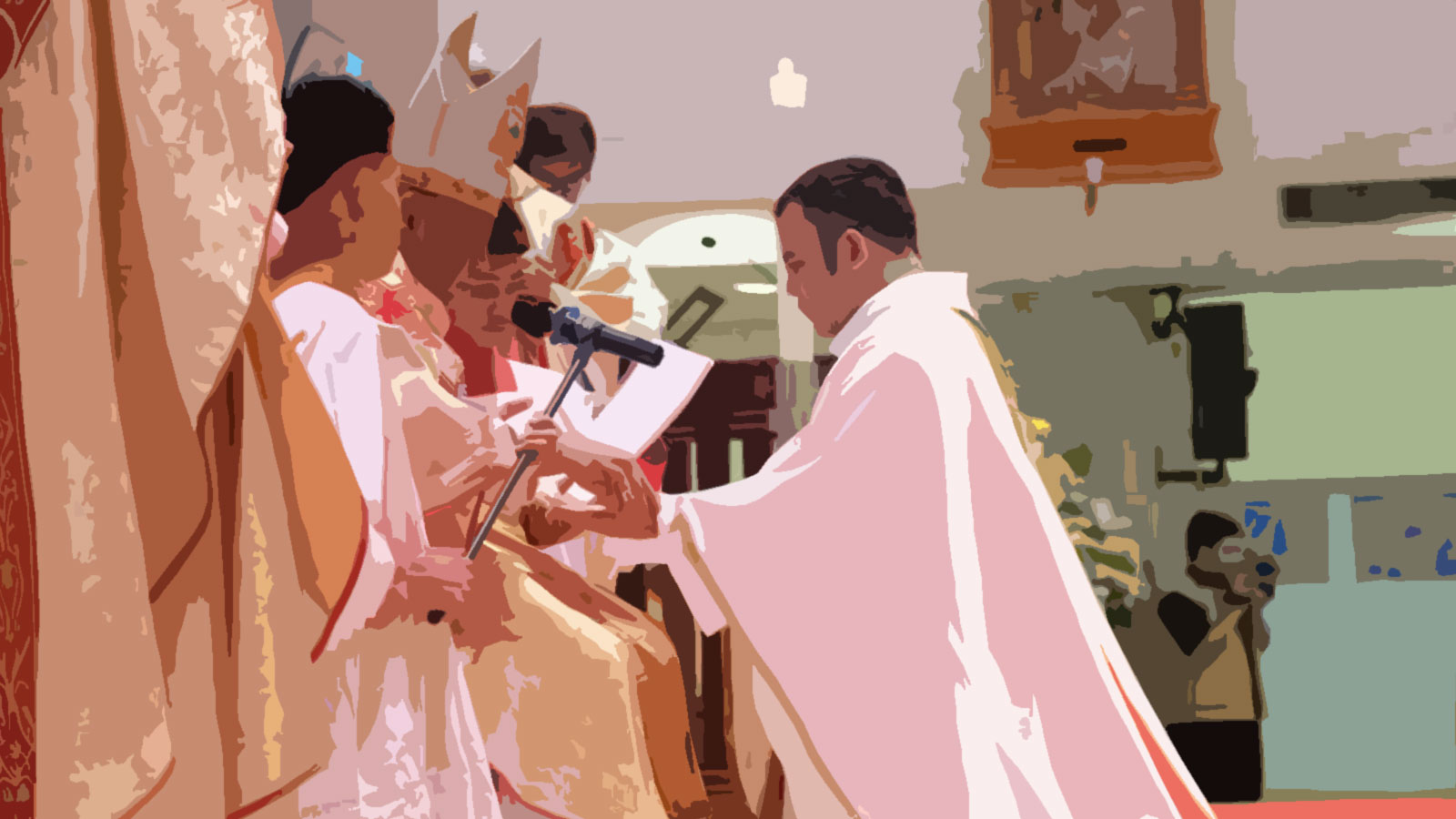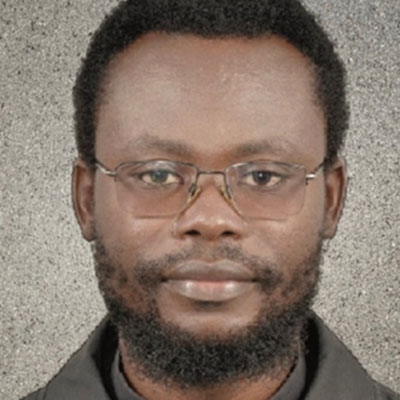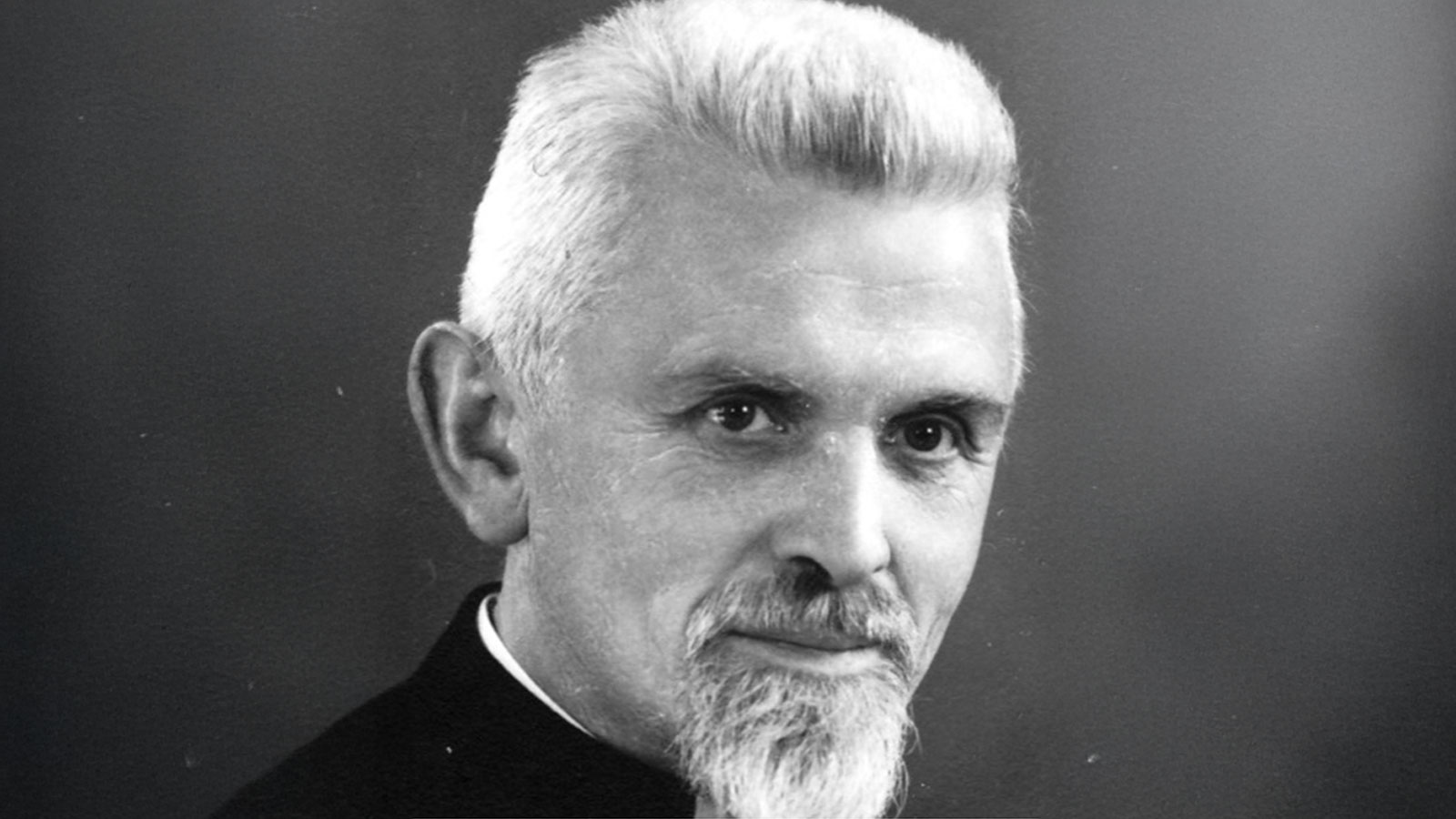 By Simon Mputu, cicm
By Simon Mputu, cicm
2022 marks the 30th anniversary of establishing diplomatic relations between the Holy See and the Government of Mongolia. But more importantly, for the Mongolian faithful, it is the 30th anniversary of the Catholic Church in this land. Yes, 30 years ago, some three brave missionaries embarked on a mission to share the Mongolian people’s salvation journey. We are blessed to still have two of our valiant confreres with us: Fr. Robert Goessens in Japan and Fr. Gilbert Sales in the Philippines, while our beloved Bishop Wenceslao Padilla (Wens) has already preceded us to the father.
This time of celebration is undoubtedly an opportunity to thank God for the countless blessings bestowed upon the Mongolian people during these past 30 years. We are indeed fortunate to be part of this incredible journey on the Steppe, in the steps of our beloved Founder, Fr. Théophile Verbist, as servants in this vineyard of the Lord.
Indeed, the story of CICM and Mongols did not start after the Democratic Revolution! At the beginning of our Missionary Institute, CICM and the Mongolian people had already tied a knot. They were among the first people CICM served in the world. Shortly after arriving in Inner Mongolia, China, our founder had made it a point that some CICM learn the Mongolian language to do their apostolate among the Mongols. He was then aware that working among the Mongols would not be easy. He already knew that Mongols were not as open and as welcoming to the Gospel message as the Chinese. However, that did not quench in him and his companions the desire and the determination to bring the Gospel to the Mongols because they had faith in God, the Master of the mission. From this, we can understand that Verbist and the early confreres were not interested in whether they would be met with flowers or whether their message would find a smooth or rough terrain. It was, instead, their love for the mission that mattered. In one of his letters to novices, he said, “To him who loves nothing is difficult.” That love led them to embrace the mission to Mongols, regardless of apparent indifference and the harsh weather conditions.
It is reported that when CICM was forced out of China (Inner Mongolia), there were roughly 2000 Catholics among the Mongols. Today, as the Church celebrates 30 years of journey with the Mongolian people, there are about 1300 Catholics here in “Outer” Mongolia. So, it sounds like a déjà vu.
Times have changed, but the mission has remained the same, and the Mongolian mindset seems to have changed only very little. Of course, today, we boast of modern technology’s prowess, which allows us to be in touch with our loved ones. Although the weather has remained the same, we boast of having better clothing to fend off the cold. We have humidifiers and air purifiers to ensure healthier air in our living rooms and churches. But we are still facing the same indifference to the Gospel that Verbist and his companions faced more than a century ago. We are still dealing with the same difficulties Bishop Wens, Frs. Robert and Gilbert met 30 years ago. Perhaps the only difference would be that they were motivated by those challenges and problems while we are terrified by them! The ebbs and flows they encountered made them trust God even more, whereas we tend to lean more on our abilities to make things work. Sometimes, we like to project ourselves as fixers. But then, when we realize that we cannot fix it, we get discouraged and eventually build “small kingdoms” around ourselves with people who dance on the same foot as we do. Or we start pointing fingers at one another to make sure somebody carries the blame.
Indeed, many of us, not just CICM but other congregations working in Mongolia, express frustration at how slow the Church is growing in Mongolia. I remember how the Korean Fidei Donum priest, currently Rector of SPP Cathedral, expressed that frustration during Mass during our Advent Recollection last year: “We are going to celebrate the 30th anniversary of the Church in Mongolia. But our churches are empty. So, what are we going to celebrate then?” he lamented. He is among the veterans here. Now, if a veteran is frustrated in such a manner, what about a newcomer!
If we look at the statistics, we might find no reason to celebrate. Moreover, the pace with which other Christian churches, primarily Protestants, are growing can make us feel shy even to tell others that we have been here for 30 years. Once I had a chat with a Mongolian Mormon faithful, and I was surprised to learn that they have more than 20 Mongolian missionaries in other countries on top of the 62 others working locally. Their church membership as of December 2021 is more than 11,000. But the Mormon church arrived in Mongolia one year after the arrival of the Catholic Church.
However, celebrating an anniversary such as this is not so much about our tangible achievements. It is, instead, celebrating what God has done for and through us. We celebrate the fact that, despite our weaknesses and sometimes unfaithfulness, He has remained faithful to us and continues to journey with us. Perhaps this is also a time to sit down and understand that God has not sent us here because Mongolians are easy to win over. He did not send us on a conquest. We are here because He wants us to be here. He wants us to journey together with our Mongolian brothers and sisters, to be witnesses, not conquerors! Such an attitude will uplift us in times of trials and keep us faithful to Him who calls us to this beautiful mission in the Steppe. We should, therefore, care more about the kind of witness we bear rather than the number of church attendees.
https://www.cicm-mission.org/index.php/en/news/45-in-the-frontline?start=18#sigProId4100f01b4c







 The three “young” Scheutists, who came from abroad and have been living in Antwerp for three years.
The three “young” Scheutists, who came from abroad and have been living in Antwerp for three years. 




 This spare wheel is rather invisible. It is the driver who decides on the objective of the trip. The missionary is a passenger on an anguishing road, because the driver is driving recklessly without respecting the traffic rules.
This spare wheel is rather invisible. It is the driver who decides on the objective of the trip. The missionary is a passenger on an anguishing road, because the driver is driving recklessly without respecting the traffic rules.










